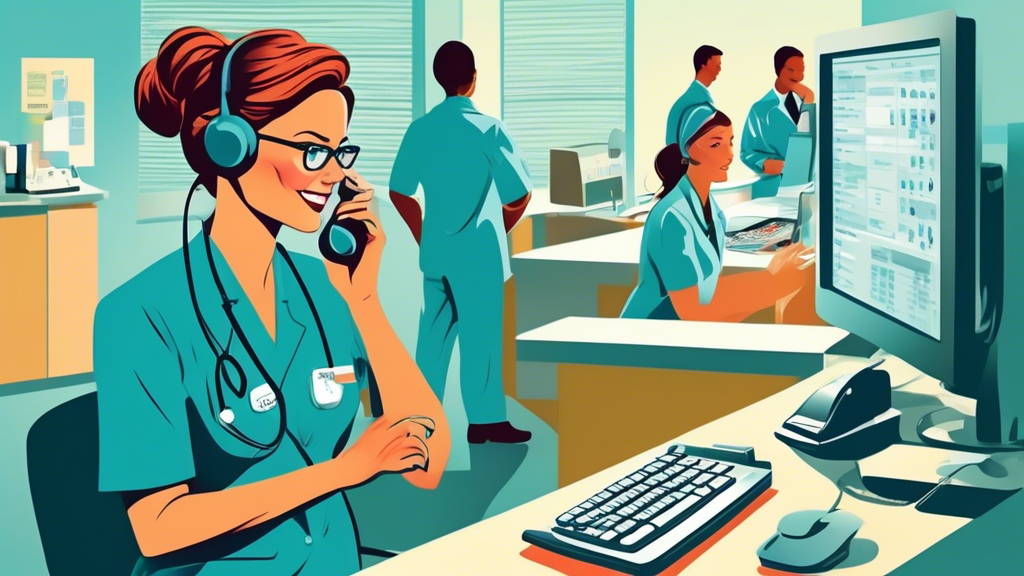Understanding the Vital Role and Essential Skills of a Medical Receptionist
Have you ever wondered what makes a medical receptionist’s role so crucial in the seamless operation of healthcare facilities? Brought to you by the expertise of CBM Medical Management, with over 40 years of experience in Revenue Cycle Management and Practice Start-up, this article seeks to demystify the multifaceted responsibilities and core skills that define an effective medical receptionist. Let’s dive into the world where professionalism meets compassion, ensuring a patient’s first touchpoint in healthcare settings is both welcoming and efficient.
The Pivotal Role of a Medical Receptionist
At its core, a medical receptionist serves as the face of a healthcare establishment, providing the initial impression that patients receive. This role is not just about greeting patients with a smile; it encompasses managing appointments, handling patient records, answering phone calls, and sometimes, offering a comforting presence during times of anxiety and distress. Their work ensures the smooth operational flow within clinics, hospitals, and other medical facilities, making them an indispensable part of the healthcare team.
Essential Skills Every Medical Receptionist Should Master
Thriving in the role of a medical receptionist requires a wide array of skills. Let’s look at some of the must-have skills that contribute to their success:
- Communication Skills: Being the bridge between patients and healthcare professionals, excellent verbal and written communication skills are paramount. This ensures information is conveyed accurately and sensitively.
- Organizational Skills: With the responsibility of scheduling appointments, managing patient records, and multitasking various administrative duties, staying organized is key to keeping the day-to-day operations running smoothly.
- Technical Proficiency: Modern healthcare relies on electronic health records (EHR) and scheduling software. A medical receptionist must be adept at navigating these systems to maintain accurate patient data and efficient practice management.
- Compassion and Empathy: Often, patients may be experiencing fear or anxiety. A medical receptionist’s ability to offer understanding and compassion can significantly improve a patient’s experience.
- Attention to Detail: Accuracy in entering patient information and billing details is critical to prevent errors that could affect patient care and insurance processes.
Besides these core skills, the evolving landscape of healthcare, with a growing emphasis on remote medical services, has introduced the need for medical receptionists to adapt and embrace new technologies and methodologies. Integrating virtual assistant services can significantly enhance a medical receptionist’s effectiveness, offering more flexibility and efficiency in patient care and administrative tasks.
Conclusion
The role of a medical receptionist is undeniably central to the functionality and patient satisfaction within healthcare settings. Armed with a multitude of skills ranging from interpersonal to technical, they ensure that the healthcare machinery operates without a hitch. As healthcare continues to evolve, so too will the responsibilities and skills required of a medical receptionist, ensuring they remain at the heart of patient care.
Understanding and appreciating the complex role and skill set of medical receptionists can lead to better support and recognition of their indispensable contribution to the healthcare industry. In partnership with organizations such as CBM Medical Management, medical receptionists can continue to grow, adapt, and thrive in their pivotal roles.


